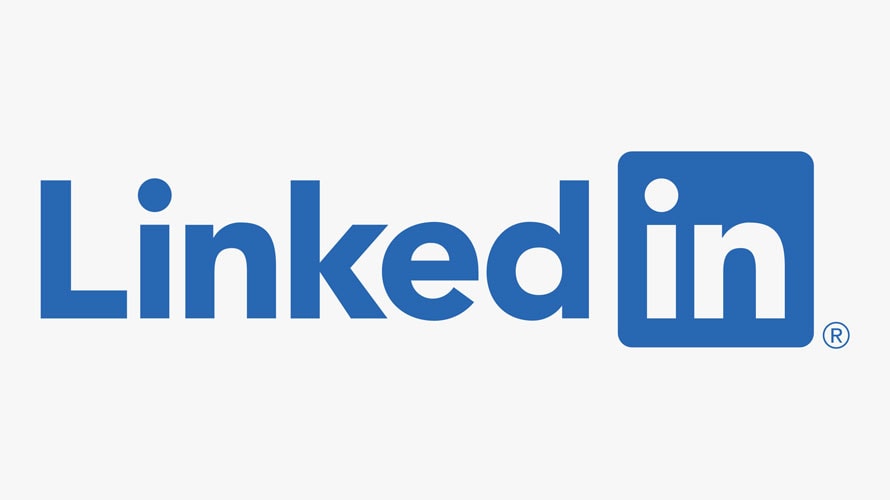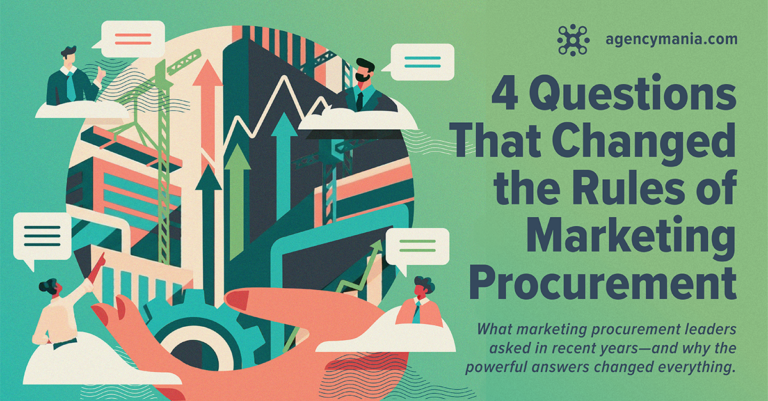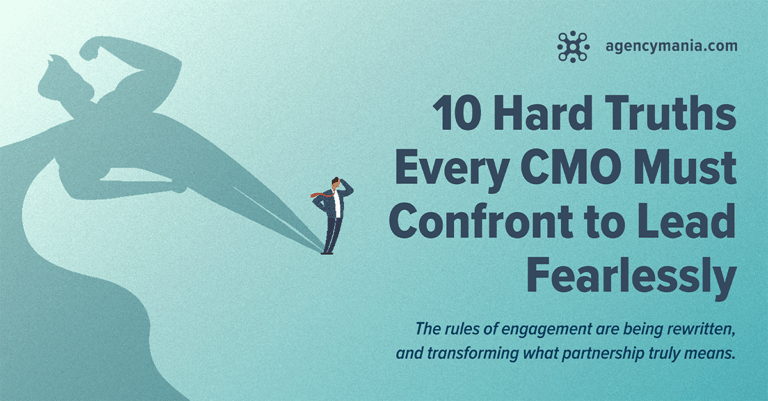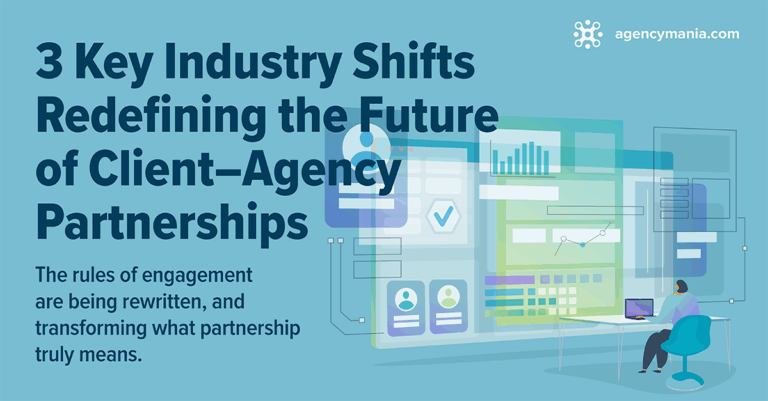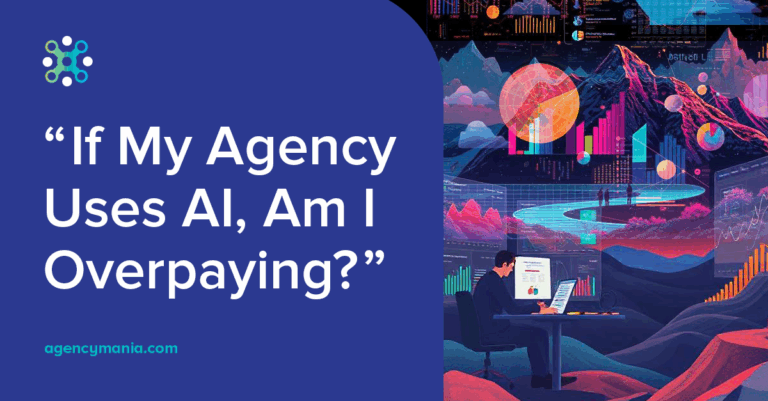Still Searching:
In the American thriller “Searching,” by Aneesh Chaganty and Sev Ohanian, a father searches for his daughter in a movie set solely on computer screens and smartphones. The movie, which premiered at the Sundance Film Festival in early 2018, is a financial success, generating 75 times more in revenue than it cost to produce, and shows that how we consume content in this digital era has profoundly changed.

The discipline of advertising has naturally adapted to this new reality and agencies have built new muscles to support brand advertisers in reaching computer- and smartphone-savvy audiences. Yet, how agencies have responded to this profound industry transformation continues to vary significantly: where they invest, what talent they bring in, how they organize their offering, what services they offer, what their narrative is, and how they support clients.
This is why AdForum, which provides a global searchable tool including over 20,000 agencies across multiple disciplines and a collection of more than 200,000 creative ad campaigns, also holds bi-annual summits in selected cities across the globe, where agencies host capabilities presentations and showcase their vision. At this year’s AdForum Worldwide Summit in Los Angeles, I had the opportunity to lead a group discussion with search consultants from around the world (US, UK, Australia, France, Germany, Spain, Netherlands, South Africa, Denmark, etc.) about current challenges and solutions when embarking on an agency search and what trends are powering the agency search of the future. LA was a great pick for this summit as it is at the crossroads of creativity, content, and entertainment, where they intersect to shape new engaging consumer experiences.
I kicked off the discussion by sharing a summary of key expectations in the marketing C-suite, a synthesis of various CMO studies and reports and their implications on their relationships with agencies. These expectations can be grouped into eight distinct categories: 1) tighter collaboration and alignment, 2) cost-effective content production, 3) talent in data, analytics, and measurement, 4) streamlined, agile, nimble engagements, 5) strategic insight and advisory, 6) output-oriented focus, 7) learning, adapting, leading through change, 8) transparency/trust & accountability.
The group then shared some of its key observations based on geographical focus:
- Unique brand positioning for agencies is increasingly important as the number of agency options grows exponentially in a highly competitive marketplace, making it harder for advertisers to understand the nuances of their offering and distinctive capabilities. Agencies should decline RFPs that are not core to their offering and be fully transparent about what they offer and what they don’t.
- The traditional agency model is obsolete, requiring more integration, greater agility, nimbleness and flexibility, a culture of entrepreneurship and innovation, and stronger focus on leveraging data and insights to inform creativity and branded content.
- Agency searches are rarely intended to drive agency costs down. This misconception is reinforced by media coverage suggesting reviews are motivated by cost reductions or restructuring. The primary driver is often to improve talent capability.
- The rise of project work prompted several project-based agency reviews. However, the budget associated with project work must be significant enough to justify the services of search consultants. No matter the size or nature of a search, if the search is motivated by performance issues, advertisers should conduct regular 360 agency evaluations to understand core relationship challenges along with their root causes and implement action plans before jumping to an agency review.
- There are local resources for advertisers looking to find the right agency partners or to supplement their existing search efforts. For example, UK-based Creativebrief allows brand advertisers to search agencies across discipline and review case studies.
- One of the participating search consultants, SCOPEN, shared global results from one of their recent studies. Per their findings, most marketers around the globe are working with specialty agencies, but they all seem to be looking for more integrated offerings. Integration often comes in different flavors, but marketers do not feel that all services must come from a single agency.
Hervé de Clerck, Founder of AdForum, succinctly summarized what he heard from these recent agency meetings: 1) Big Holding is dead. Hello Smart Complementary Shops; 2) Big Data is dead. Hello, Data-driven Creativity; 3) Big Idea is dead. Hello, Entertaining Content, 4) Big Shooting is dead. Hello, On-site Productions.
The group discussion was held on the historic 90-year-old ship, the Queen Mary, in Long Beach, California. You can easily imagine how excited travelers were to be boarding the Queen Mary for its maiden voyage on May 27, 1936. The British masterpiece was a symbolic location to discuss the end of an era and the beginning of a new one, as well as the evolution of the agency search practice that so brilliantly enables it.
By: Bruno Gralpois, Co-Founder & Principal, ANA Faculty
Published on: April 24, 2019

